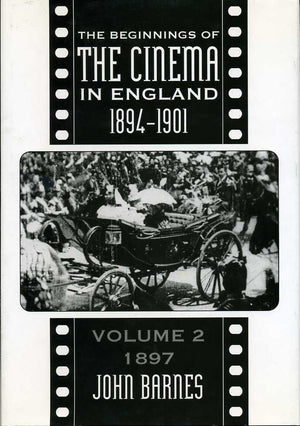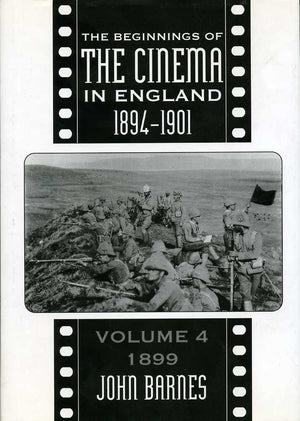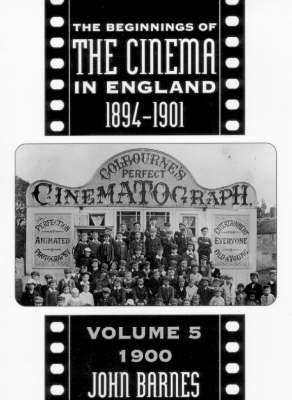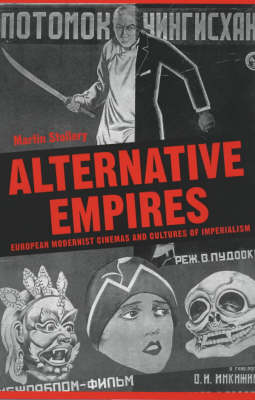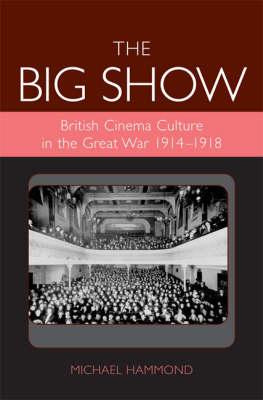University of Exeter Press
Bill Douglas
A Film Artist
Couldn't load pickup availability
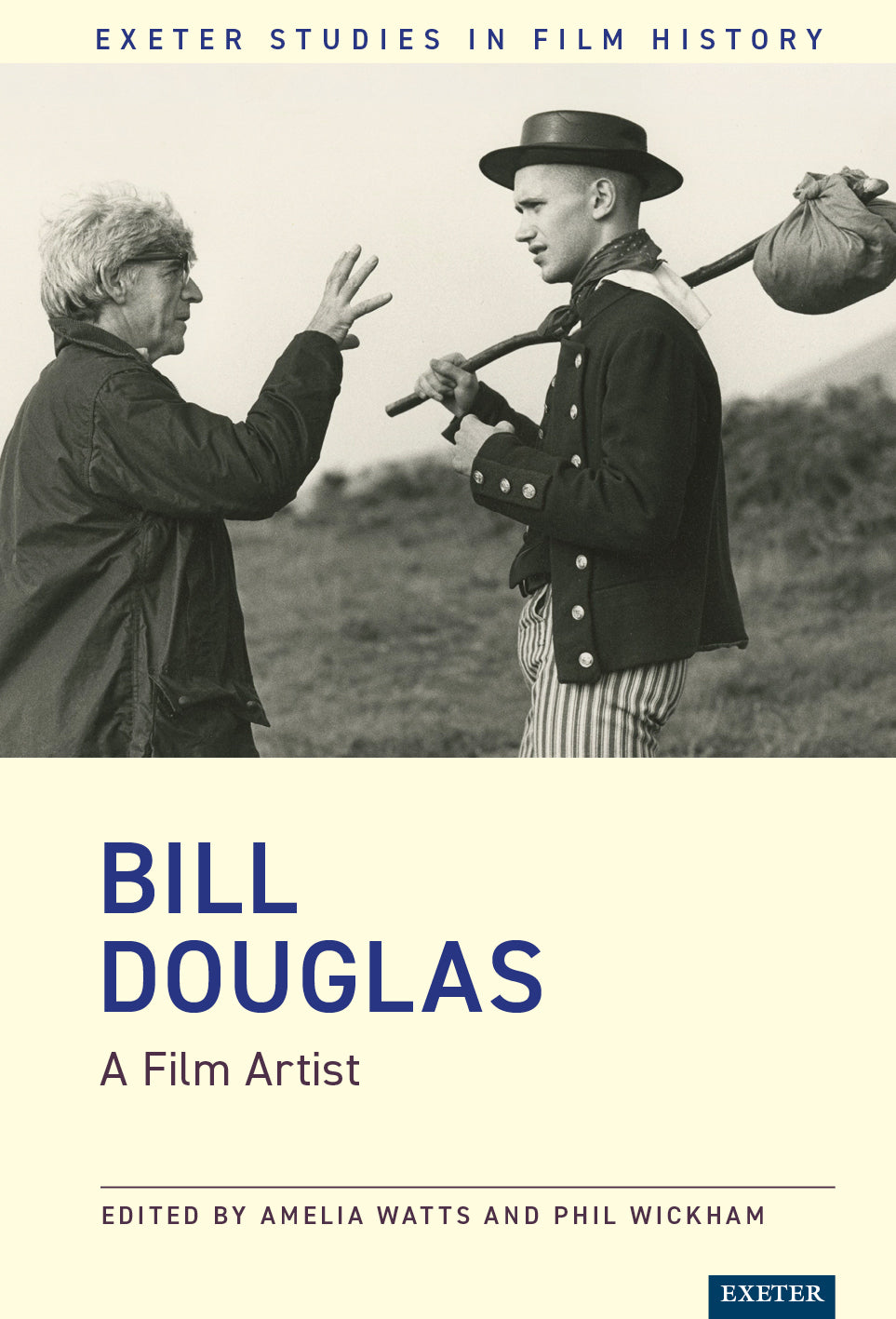
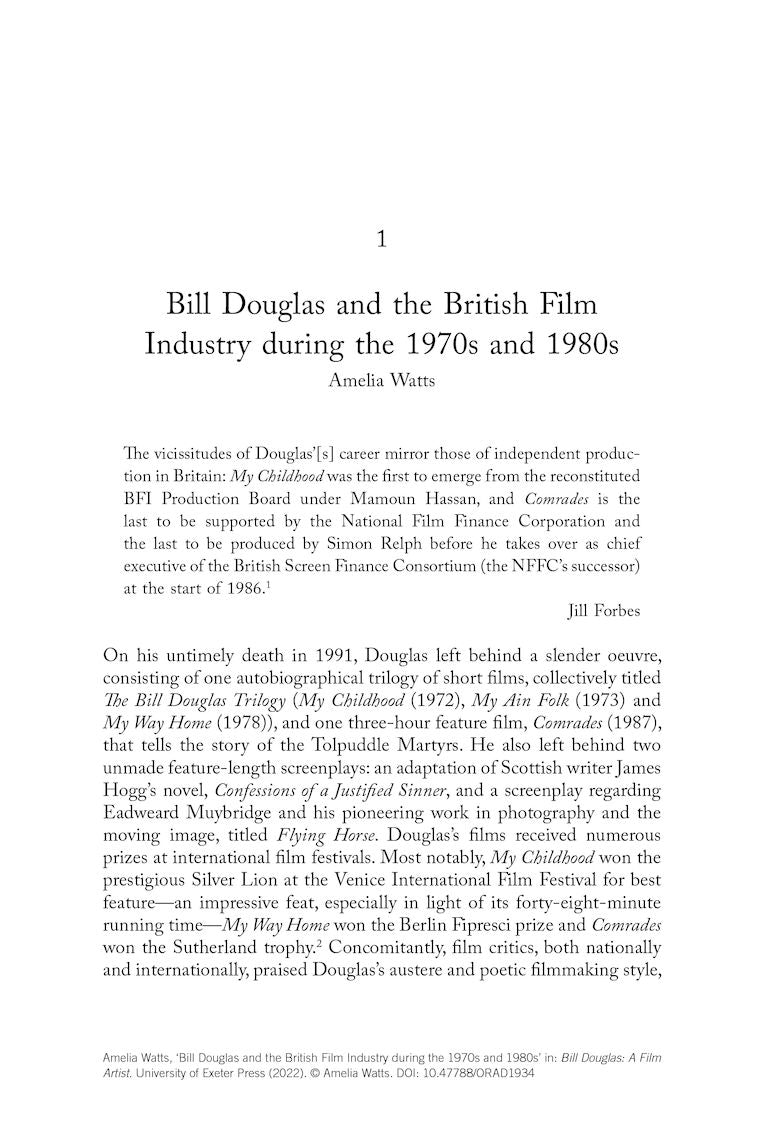
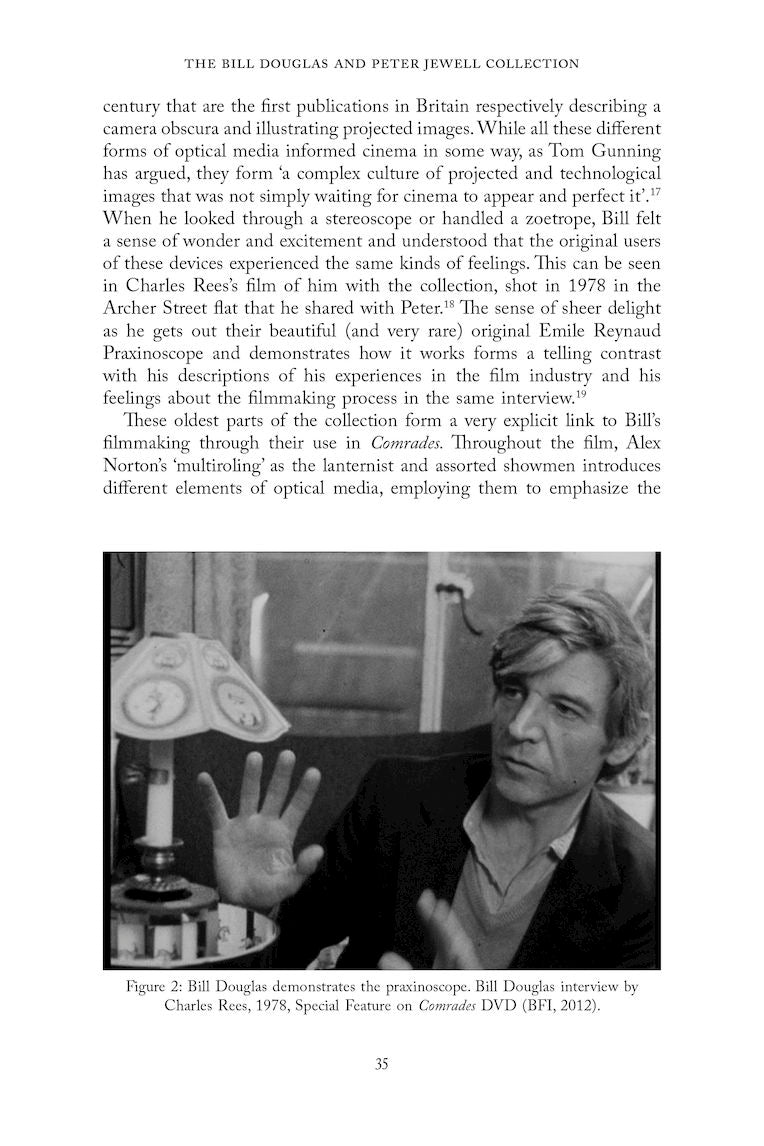
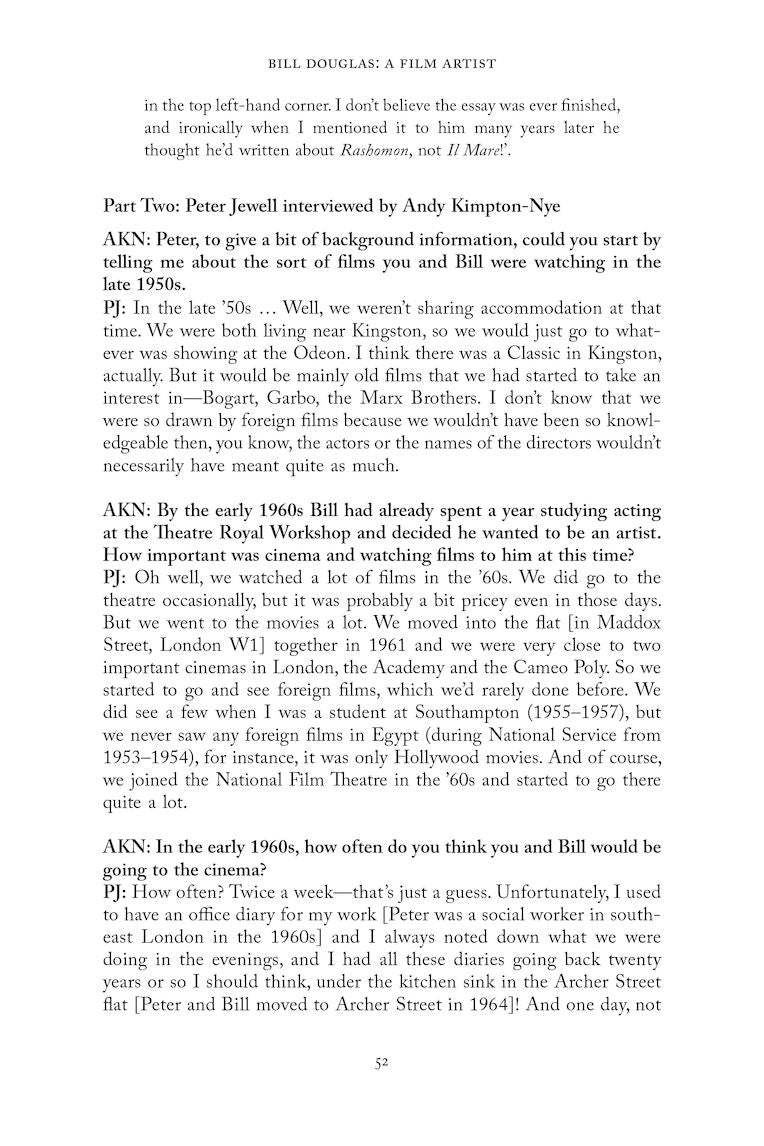
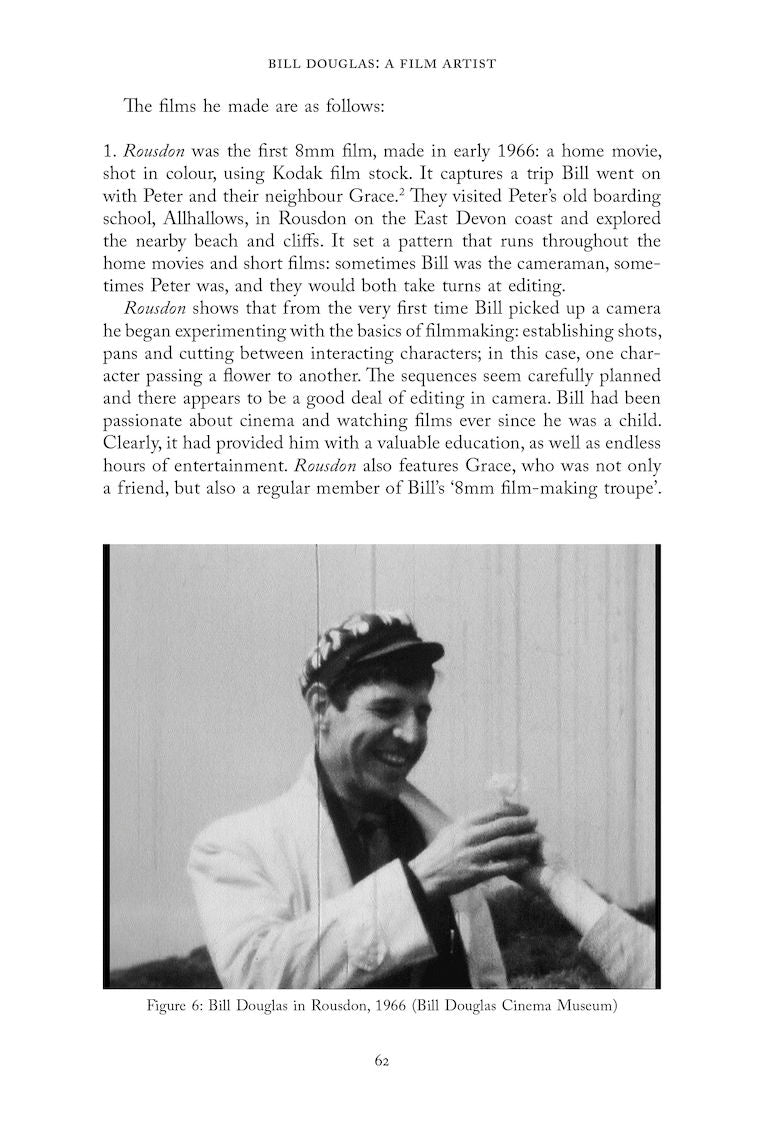
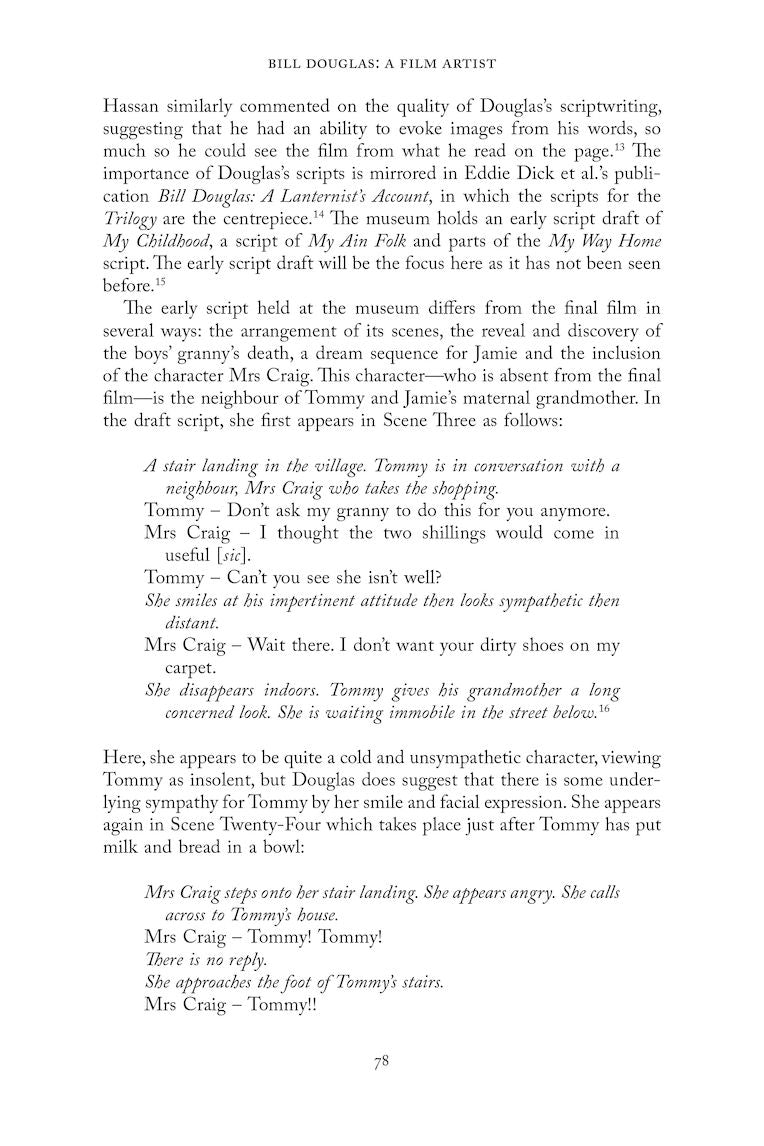
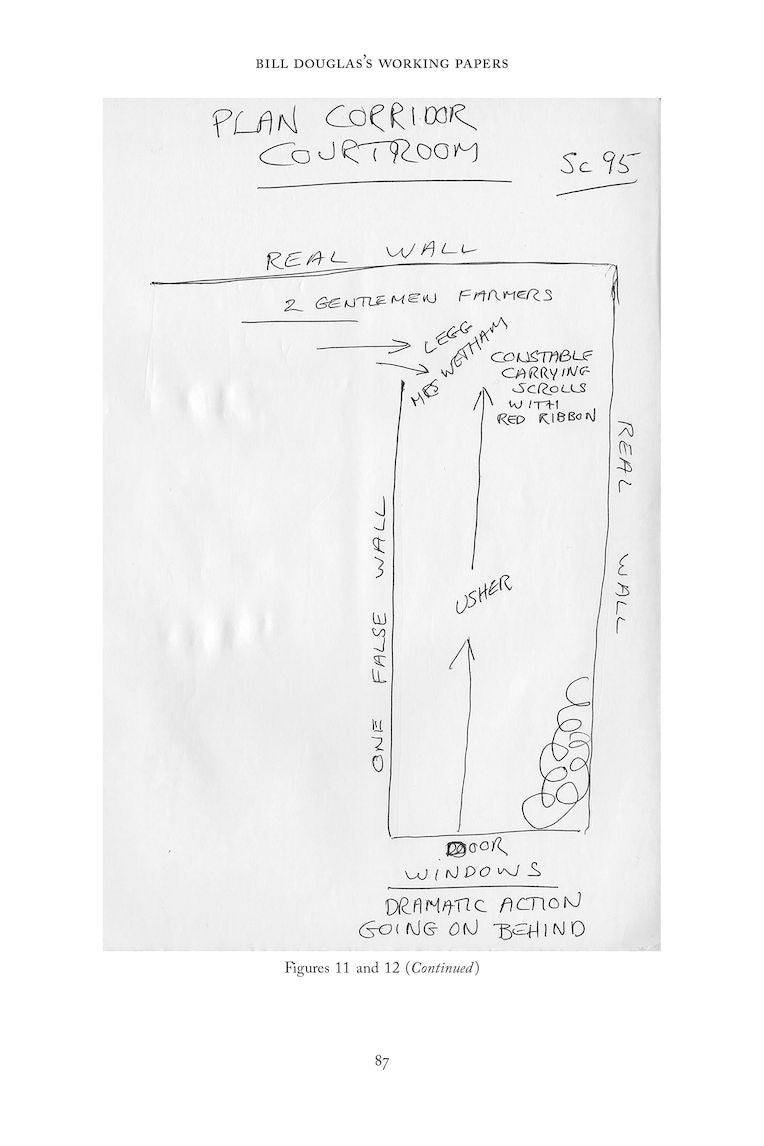
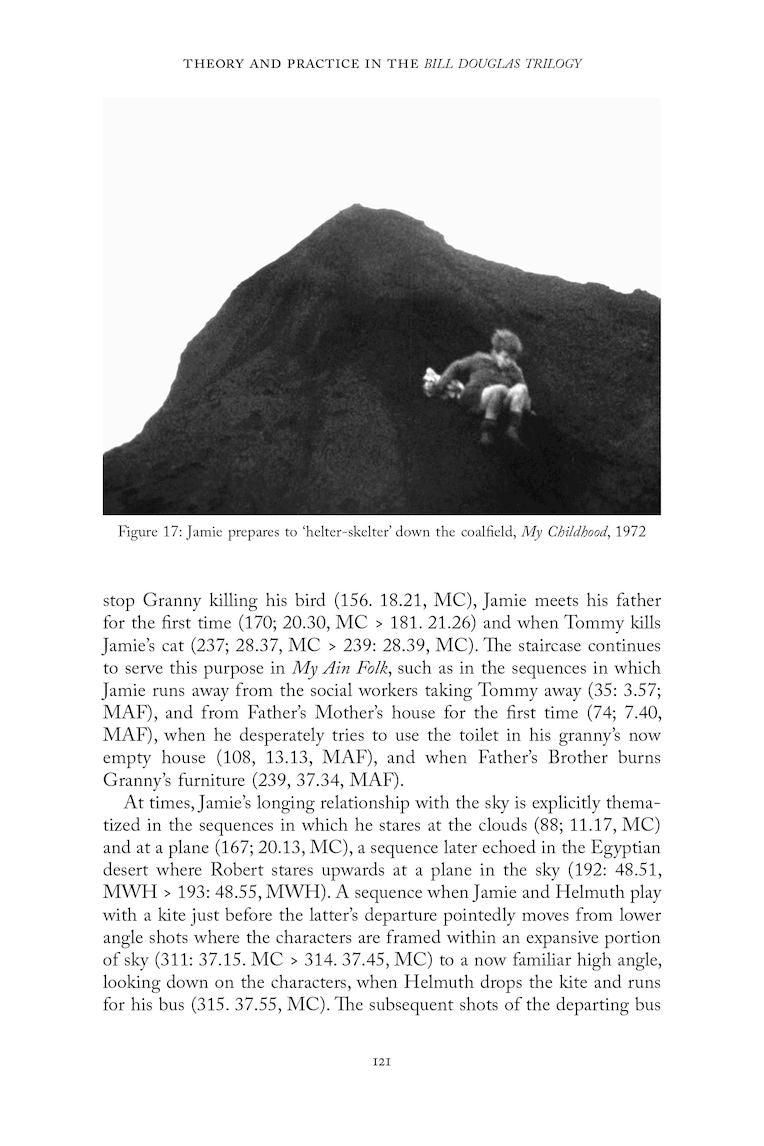
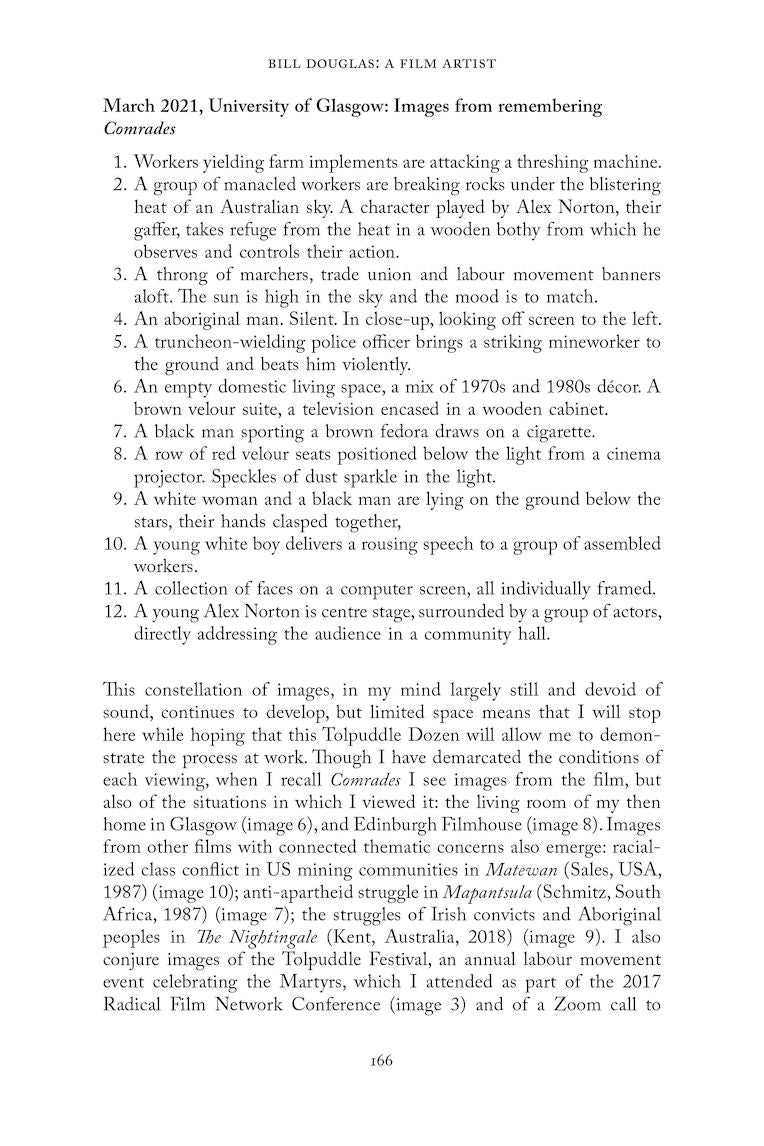
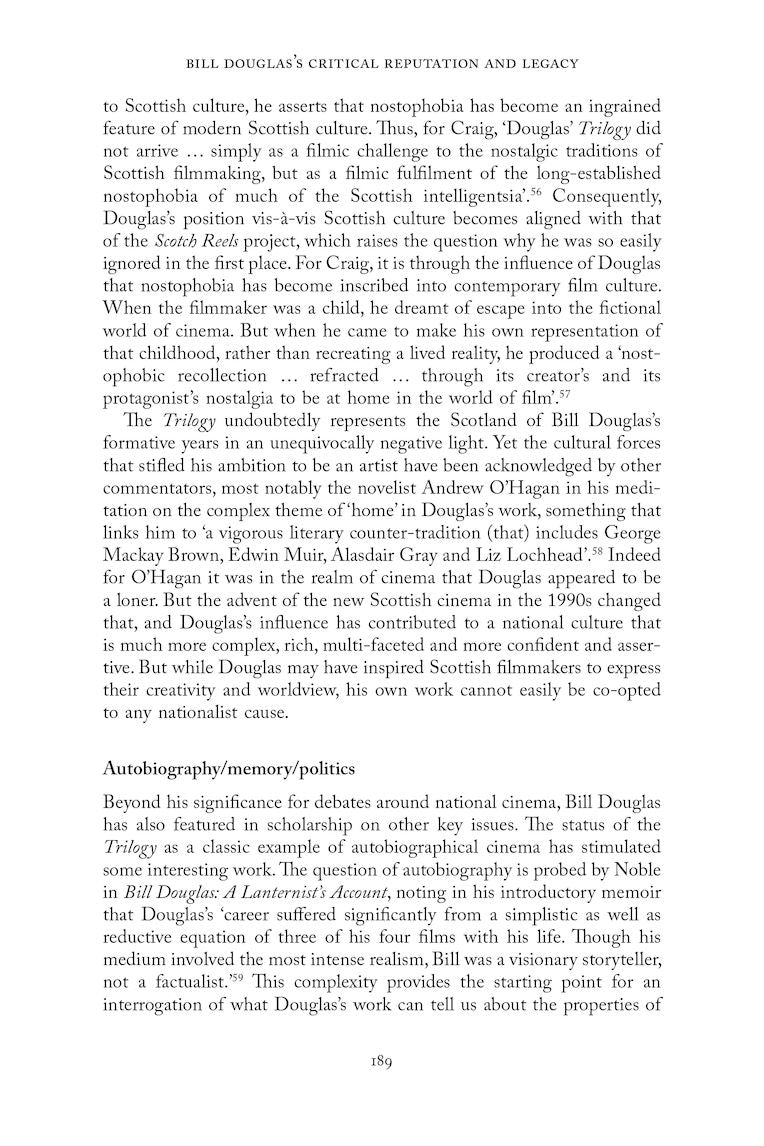
- 250 Pages
This book examines the work and art of Bill Douglas, thirty years after his death.
Douglas made only a small body of work during his lifetime: The Bill Douglas Trilogy, based on his deprived childhood in Scotland; and Comrades, his epic on the Tolpuddle Martyrs; but he is acknowledged by many as one of Britain’s greatest filmmakers. His films inspire a depth of passion in those that have seen them, and interest in his work has intensified over the years, both within the UK and overseas.
This is the first work to examine Douglas’s life and career through archive material recently made available to researchers. Editors Amelia Watts and Phil Wickham have carefully selected a range of voices—both scholars and practitioners—to reappraise Douglas’s career from a variety of angles. The book raises important questions about Douglas’s status as an artist, and reflects on his struggles within the film industry of the 1970s and 1980s in order to consider the attendant difficulties of working within a collaborative and commercial medium such as cinema. The volume also explores the wider legacy of this film artist, through the collection on moving image history he assembled with Peter Jewell, which became the foundation of the Bill Douglas Cinema Museum. It will appeal to film students and scholars, and the small but committed group of general readers who are interested in Douglas’s work.
The book has a foreword by the renowned filmmaker Mark Cousins, who, like many other contemporary directors, is a great enthusiast for Douglas’s work.
I thought I know Bill Douglas' movies inside out, but this new book about Scotland's greatest filmmaker told me many new things.
Mark Cousins
This book provides a level of sustained critical analysis of Douglas’ work that is much needed, while the engagement with his archive opens up the material in new, original ways. A refreshing reconsideration of Douglas, and an innovative contribution to the study of film in general.
Sarah Neely, University of Glasgow
This book is a wonderful testament to the persistence and pursuit of a truly unique vision.
Sarah Street, University of Bristol
The ten essays do a wonderful job of introducing Douglas to a new generation, while expanding our understanding of this multifaceted artist...Douglas emerges as a rounded figure, often full of joy and enthusiasm, constantly active and enjoying collaboration. It's a welcome reappraisal.
Rastko Novakovic, Sight and Sound
List of Illustrations
Notes on Contributors
Acknowledgements
Foreword by Mark Cousins
Introduction PHIL WICKHAM AND AMELIA WATTS
DOI: 10.47788/BNMQ1583
PART I: BILL DOUGLAS IN CONTEXT
1. Bill Douglas and the British Film Industry during the 1970s and 1980s AMELIA WATTS
DOI: 10.47788/ORAD1934
2. The Bill Douglas and Peter Jewell Collection PHIL WICKHAM
DOI: 10.47788/LCOD8685
3. Bill Douglas’s Favourite film—Il Mare AN INTERVIEW WITH PETER JEWELL BY ANDY KIMPTON-NYE
DOI: 10.47788/JVKN9671
4. The Unseen Films of Bill Douglas ANDY KIMPTON-NYE
DOI: 10.47788/NIQE6697
5. Bill Douglas’s Working Papers AMELIA WATTS
DOI: 10.47788/PEJM9176
PART II: BILL DOUGLAS’S FILMS
6. His Ain Folk? ANDREW GORDON
DOI: 10.47788/QIRI6018
7. Exploring Questions of Theory and Practice within the Bill Douglas Trilogy JAMIE CHAMBERS
DOI: 10.47788/OWCS3651
8. True Comrades: Bill Douglas and Bertolt Brecht CARA FRASER
DOI: 10.47788/MNMN3566
9. Returning to Comrades DAVID ARCHIBALD
DOI: 10.47788/UUIE5434
PART III: BILL DOUGLAS’S LEGACY
10. Bill Douglas’s Critical Reputation and Legacy DUNCAN PETRIE
DOI: 10.47788/EBRX4961
Notes
Select Bibliography
Filmography
Index
- 250 Pages
- 22 Black & white illustrations



























